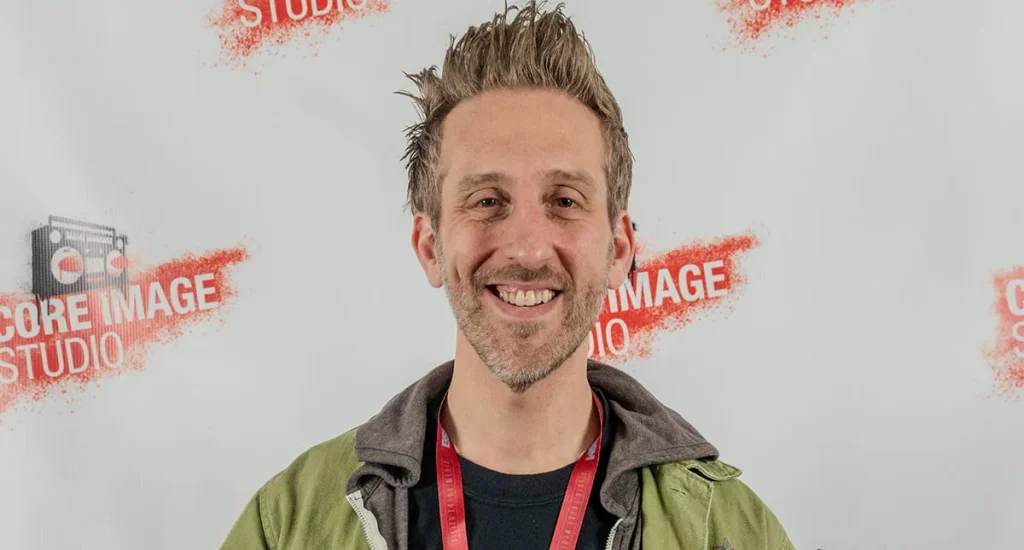
Spike Eskin: The Philadelphia Radio Voice Who Redefined Sports Talk
From WIP legend to WFAN programming chief — how one man's unfiltered authenticity changed the sound of sports radio in America's most passionate market
In the unforgiving arena of Philadelphia sports radio, where hosts are judged not just by their opinions but by their willingness to bleed the same colors as their audience, Spike Eskin carved out something rare: a career built on authenticity so genuine it sometimes hurt to listen to.
For years, Eskin's voice defined mornings on 94 WIP, Philadelphia's premier sports talk station. His show wasn't just about recapping games or interviewing athletes — it was about capturing the raw, unfiltered emotional experience of being a Philadelphia sports fan. The agony, the ecstasy, the perpetual sense that hope and heartbreak are never more than one play apart.
Now, in November 2025, as Eskin continues shaping sports radio from his position as programming director at WFAN in New York, his influence on the medium extends far beyond the microphone. He represents a generation of broadcasters who understood that sports radio's power comes not from polish, but from proximity to the audience's actual experience.
The Son of Radio Royalty
Spike Eskin didn't just stumble into sports radio — he was practically born into it. His father, Howard Eskin, remains one of Philadelphia's most iconic and polarizing sports media figures, a larger-than-life personality who dominated WIP for decades. Growing up in that shadow could have crushed a lesser talent, but it shaped Spike into something different: a broadcaster who understood the medium's history while being unafraid to evolve it.
According to Philadelphia Magazine, the Eskin name in Philadelphia sports media carries weight comparable to political dynasties in other cities. But Spike never relied solely on his surname — he built his own reputation through years of grinding out shows, developing sources, and earning credibility with audiences who can smell authenticity from miles away.
"Spike understood early on that he couldn't just be Howard's kid," said a former WIP colleague who requested anonymity. "He had to be better, work harder, and prove himself in ways that someone without that last name wouldn't have to. It made him a better broadcaster."
This kind of legacy navigation mirrors challenges faced by other media professionals building careers in the shadow of established names. Just as Paul Dehner Jr. became the trusted voice for Cincinnati Bengals fans through his own dedicated work, Spike carved out distinct identity separate from his father's overwhelming presence.
The WIP Years: Building a Philadelphia Institution
Eskin's tenure at WIP represented sports radio at its most Philadelphia — passionate, uncompromising, occasionally profane, and always deeply connected to the city's sports psyche. His morning show became required listening for fans who wanted more than sanitized takes and corporate-approved opinions.
He covered the Eagles' Super Bowl LII victory, the Phillies' struggles, the 76ers' "Process" era, and countless moments that defined Philadelphia sports in the 2010s. But what made his coverage memorable wasn't just being there for the moments — it was his willingness to feel them alongside his audience rather than maintaining broadcaster detachment.
When the Eagles won the Super Bowl in 2018, Eskin's on-air reaction captured the city's emotional release better than any polished commentary could. When teams disappointed, his frustration mirrored what listeners felt driving to work. This emotional honesty created a bond that transcended typical host-audience relationships.
"Spike never pretended to be above it all. He was a fan who happened to have a microphone, and that's exactly what Philadelphia sports radio needed."
— Philadelphia sports media analyst quoted by Crossing Broad
The Social Media Evolution
As sports media fragmented across platforms in the 2010s and 2020s, Eskin adapted faster than many traditional broadcasters. He understood that sports radio could no longer exist in isolation — it needed to integrate with social media, podcasting, and digital content in ways that felt organic rather than forced.
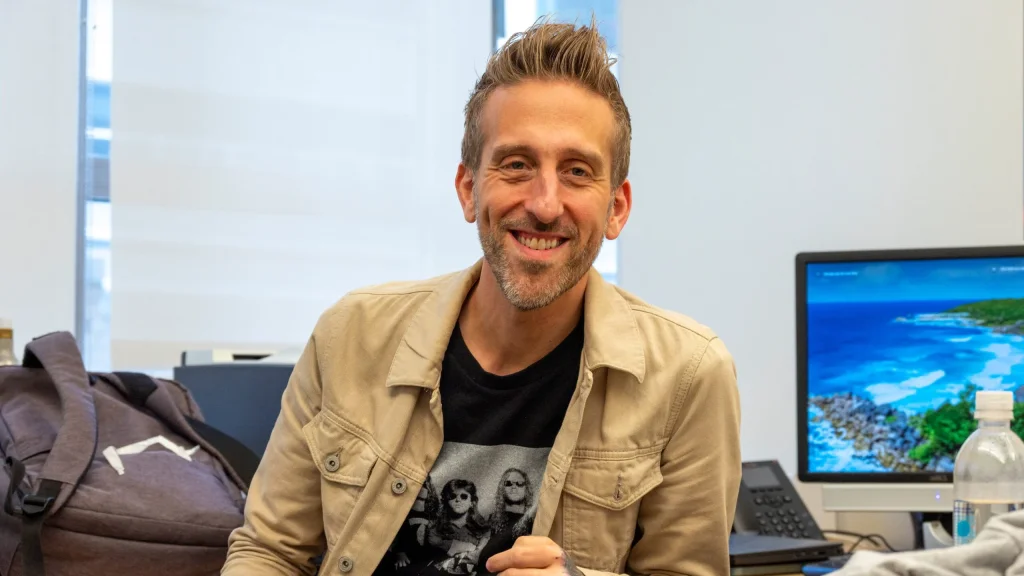
His Twitter presence became an extension of his on-air personality: direct, occasionally combative, always authentic. He engaged with listeners, critics, and fellow media members in ways that blurred traditional lines between broadcaster and audience. This approach occasionally sparked controversy, but it kept him relevant in an increasingly crowded media landscape.
Similar to how Eric Bickel built his sports radio presence through multi-platform engagement, Eskin recognized that modern broadcasters needed to be personalities first and radio hosts second — accessible, opinionated, and unafraid to show personality beyond scheduled air time.
The Programming Perspective
Eskin's transition from on-air talent to programming leadership at WFAN marked a significant shift in his career trajectory. As programming director at New York's legendary sports talk station, he's now responsible for shaping the sound of sports radio in America's largest market — a role that requires balancing tradition with innovation.
WFAN invented sports talk radio as we know it, launching in 1987 and creating the template that stations nationwide would follow. Stepping into a leadership role at such an institution carries enormous pressure, especially as the medium faces existential questions about its future in an on-demand, podcast-dominated landscape.
According to Audacy's latest listener data, sports radio faces challenges from streaming services, podcasts, and changing consumption habits among younger demographics. Eskin's programming decisions at WFAN will help determine whether traditional sports talk can adapt or whether it becomes a relic of pre-digital media consumption.
November 2025: The State of Sports Radio
As Eskin navigates WFAN's evolution in late 2025, the broader sports radio landscape reflects tensions between tradition and transformation. Legendary hosts age out or retire, ratings fluctuate as audiences fragment across platforms, and the economic model that sustained sports talk for decades faces pressure from changing advertiser priorities and listener habits.
Yet sports radio persists, driven by something fundamental to human nature: the need to talk about sports with other people who care as much as you do. Whether that conversation happens on AM radio, through podcast apps, or via social media matters less than the underlying impulse it serves.
Eskin's career arc — from on-air personality to programming executive — positions him to shape how that conversation evolves. His decisions about talent, format, and digital integration at WFAN will influence not just one station but potentially the entire medium's direction.
"Spike understands both sides of sports radio now — what makes compelling content and what makes sustainable business. That combination is rare and valuable."
— Radio industry consultant speaking on background
The Philadelphia Legacy
Despite his move to New York, Eskin's identity remains deeply tied to Philadelphia sports culture. He'll forever be associated with WIP's morning show, with the Eagles' Super Bowl run, with the particular brand of passionate, uncompromising sports discourse that defines the city's relationship with its teams.
Philadelphia sports fans don't forget the voices that accompanied their most memorable moments. Eskin earned his place in that pantheon through consistency, authenticity, and a willingness to care as deeply as his audience — even when that caring occasionally meant on-air meltdowns that became local legend.
His journey from Philadelphia radio to New York programming leadership represents a validation of the Philadelphia sports media model: be authentic, be passionate, and never pretend you're above the emotional roller coaster that defines sports fandom. Those principles, refined in WIP's unforgiving market, now influence how sports radio sounds in America's largest city.
The Broader Impact on Sports Media

Eskin's career trajectory reflects broader shifts in how sports media personalities build sustainable careers. The days when radio was the only game in town are long gone, replaced by a fractured landscape where success requires presence across multiple platforms and formats.
Modern sports media figures must be radio hosts, social media personalities, podcast creators, and brand ambassadors simultaneously. Eskin navigated that transition more successfully than many peers, understanding that each platform requires different approaches while maintaining consistent personality across all of them.
This multi-platform reality has transformed what it means to be a sports broadcaster in 2025. The microphone is just one tool among many, and the audience's relationship with personalities extends far beyond scheduled program hours. Eskin understood this early and built his career accordingly.
What's Next for Spike Eskin
As November 2025 unfolds, Eskin faces challenges that would intimidate lesser talents. WFAN's legacy creates expectations that are difficult to meet while simultaneously demanding innovation that honors tradition without being enslaved by it. New York's media market is unforgiving, and programming decisions get scrutinized with intensity that can grind down even experienced executives.
But if Eskin's Philadelphia years taught him anything, it's how to operate in markets where passion exceeds patience and audiences demand authenticity above all else. The skills that made him successful at WIP — understanding what audiences actually want rather than what focus groups say they want, valuing authenticity over polish, and never losing touch with the emotional core of sports fandom — translate to his current role.
Whether he succeeds in reshaping WFAN for the streaming age while maintaining its legacy remains to be seen. But his track record suggests he understands the assignment: make sports radio matter again to audiences who have more entertainment options than ever before.
The Lasting Influence
Spike Eskin's importance to sports radio extends beyond ratings or awards. He represents a generation of broadcasters who proved that authenticity could coexist with professionalism, that emotional honesty could be compelling content, and that understanding your audience meant being part of your audience rather than performing for them.
In Philadelphia, where sports media figures are measured not just by their talent but by their willingness to suffer alongside the fan base, Eskin earned permanent respect. In New York, where he now shapes programming decisions that influence the nation's largest sports media market, that credibility serves him well.
The question facing sports radio in 2025 isn't whether it can survive — it will, in some form. The question is whether it can remain relevant to audiences raised on podcasts, YouTube shows, and social media personalities. Whether traditional broadcast models can adapt to on-demand consumption habits. Whether the voices that defined sports talk for decades can make room for new approaches without losing what made the medium special in the first place.
Spike Eskin sits at the center of those questions, armed with experience from one of sports radio's most demanding markets and responsibility for one of its most iconic stations. His decisions over the coming years will help determine not just WFAN's future, but potentially the future of sports talk radio itself.
And if his Philadelphia years taught him anything, it's that audiences respect authenticity above all else — that the best sports media doesn't talk at fans, it talks with them. Whether that philosophy can reshape sports radio for a new generation remains one of the more interesting stories in sports media heading into 2026.
For a kid who grew up in Philadelphia sports radio royalty and carved out his own legacy through sheer authenticity and hard work, the challenge probably feels familiar. Just bigger, more consequential, and watched by millions who care deeply about whether sports radio can still matter in the streaming age.
If anyone can figure it out, the smart money is on the guy who learned his craft in Philadelphia — where nothing comes easy, expectations are impossibly high, and authenticity is the only currency that matters.
Related Articles
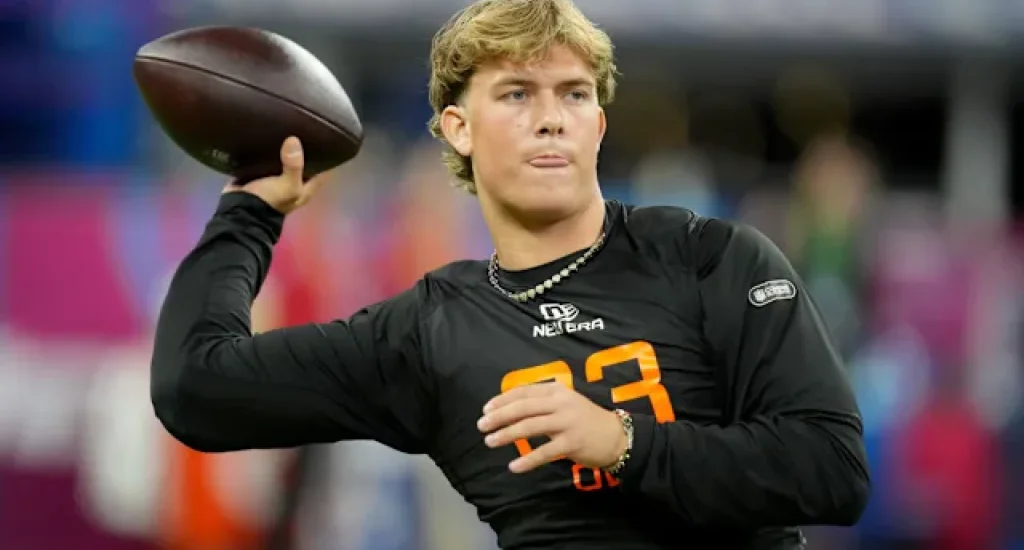
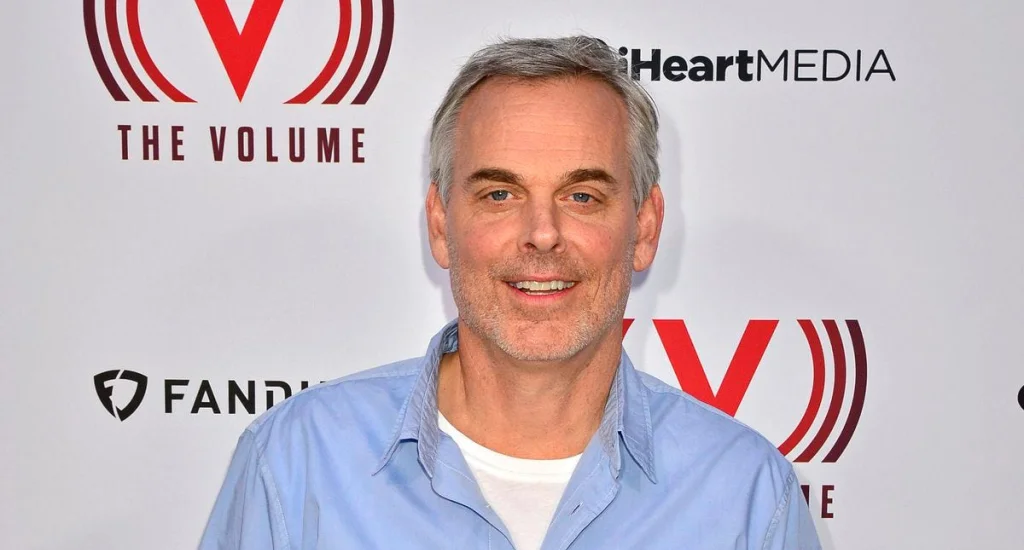
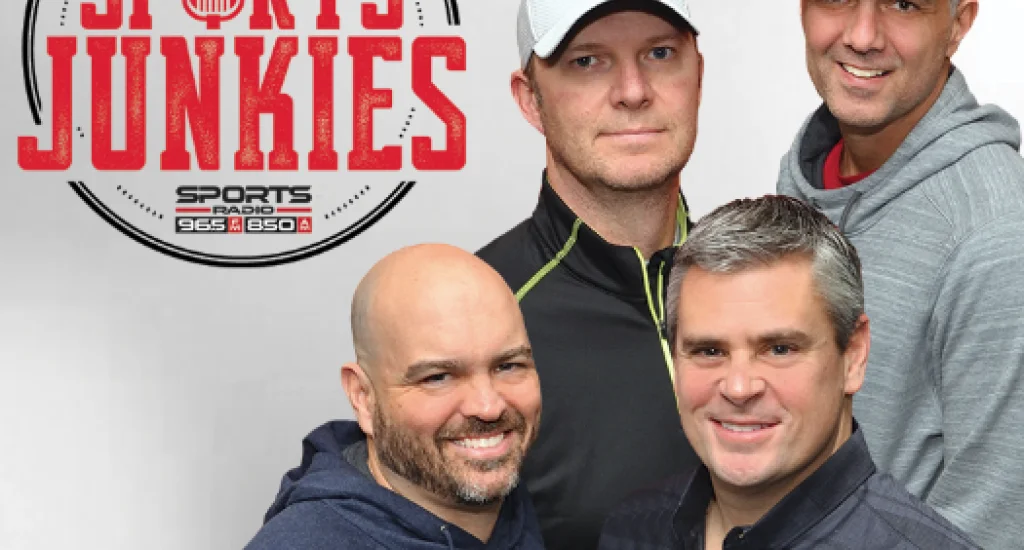
Eric Bickel's Twitter Presence: The Steak King and Sauna King of Sports Radio
November 03, 2025

